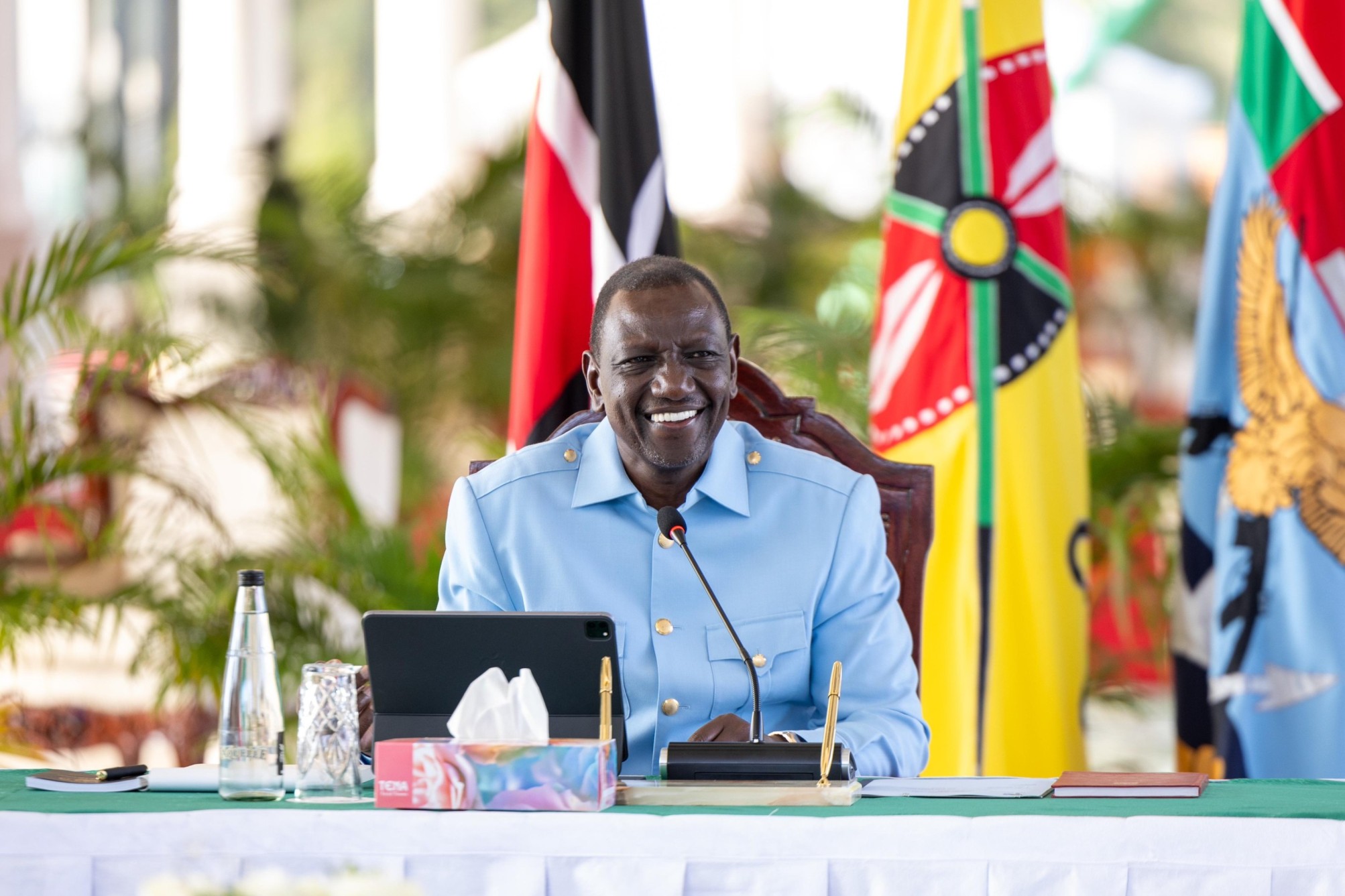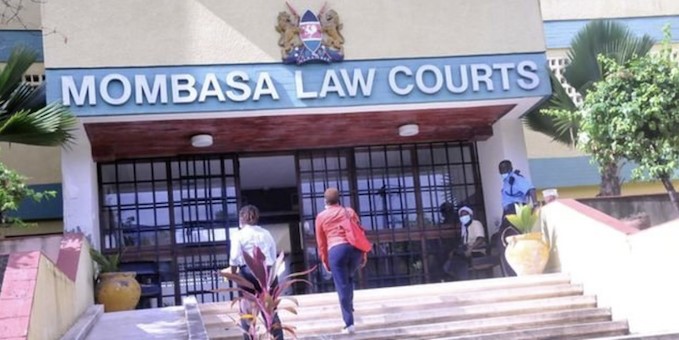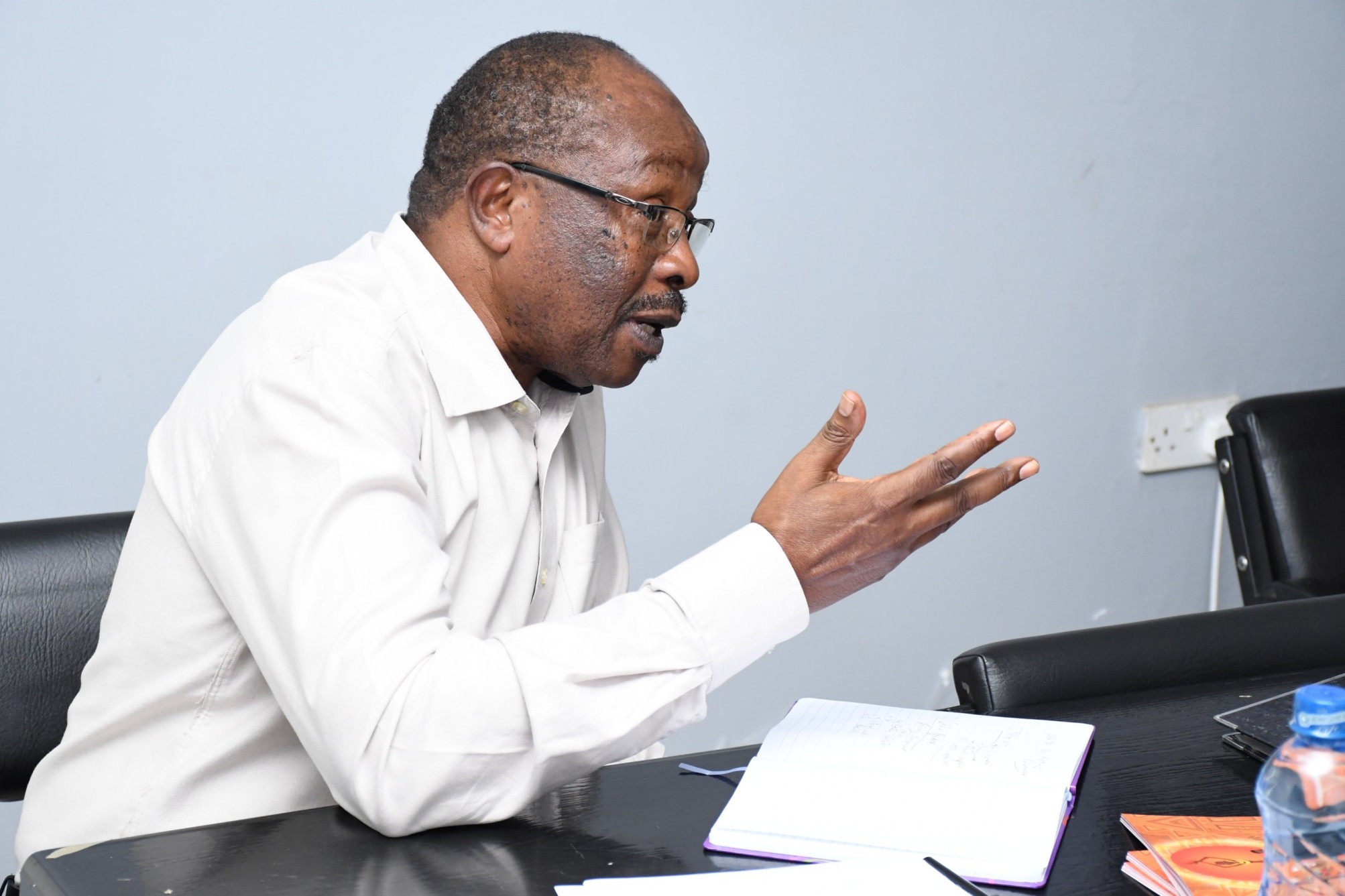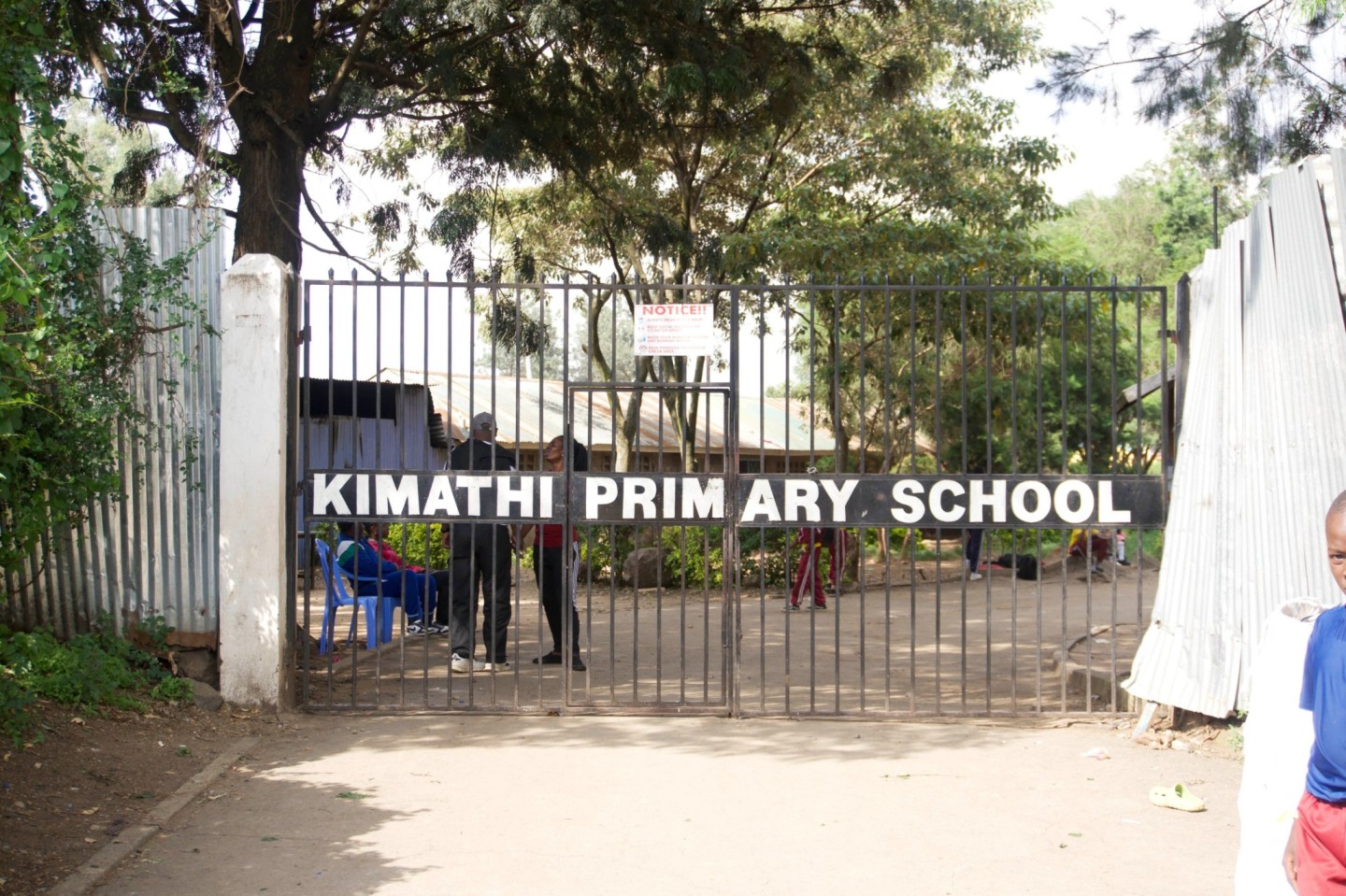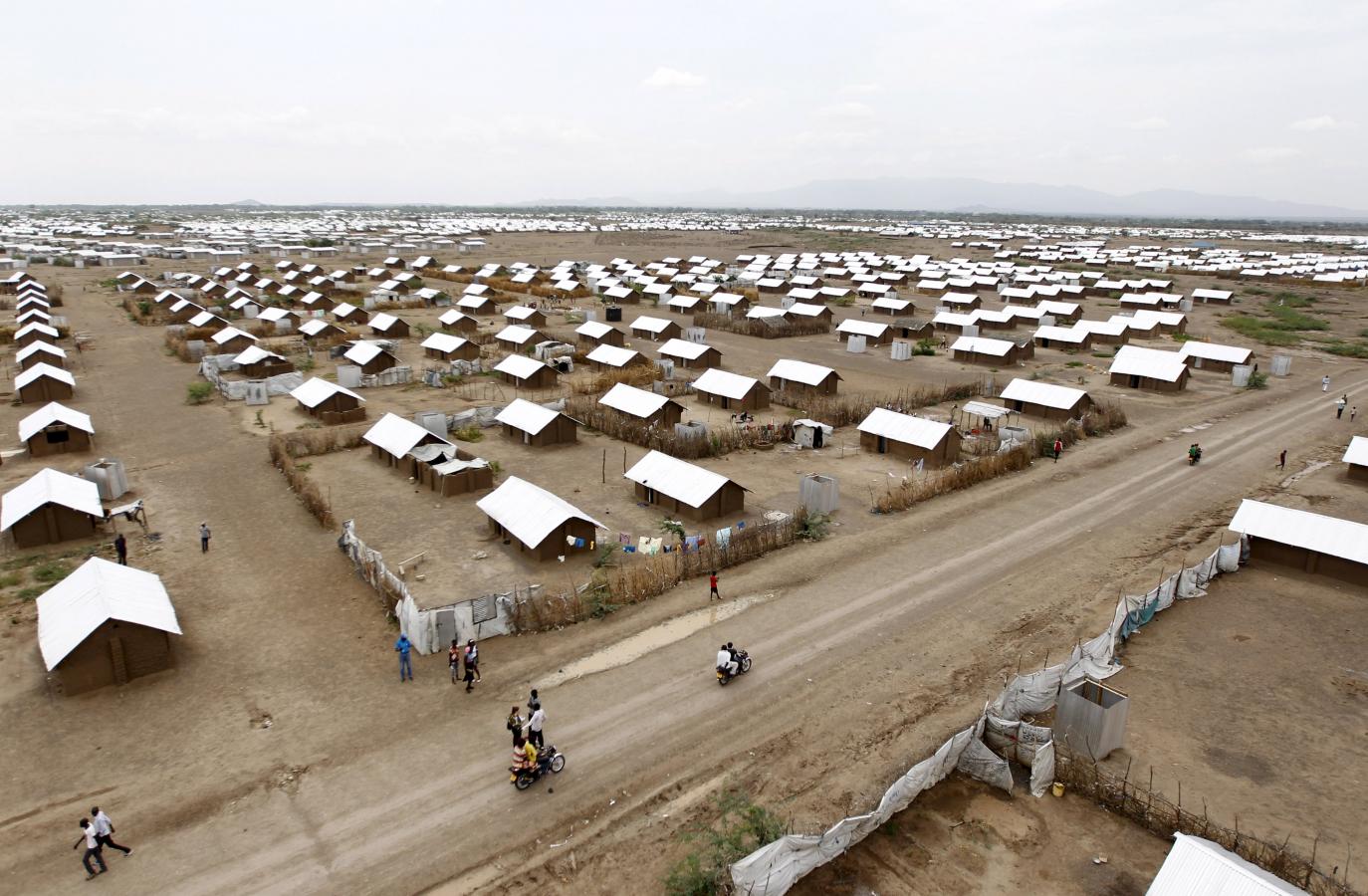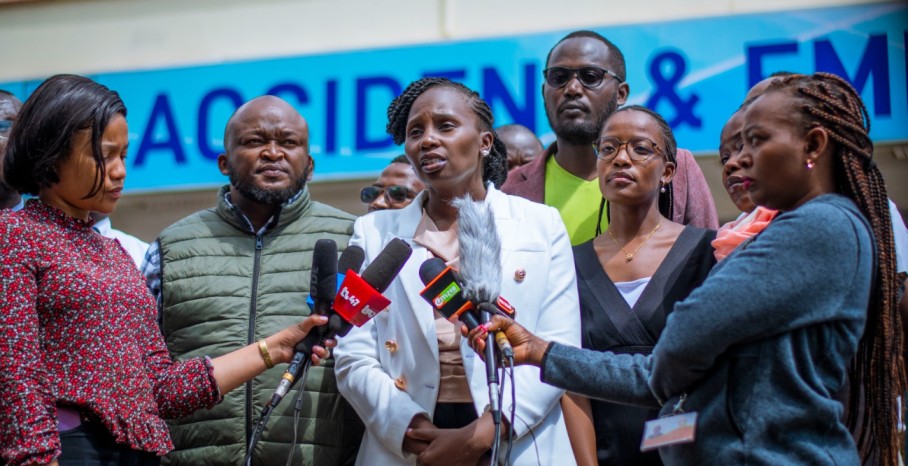How fee payment via eCitizen will work- platform's founder Ayugi
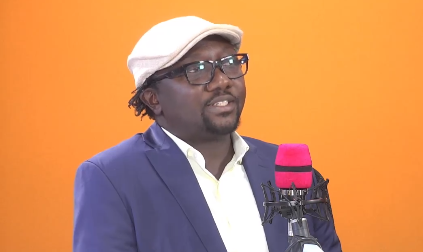
By Lucy Mumbi |
He emphasized the real-time accountability aspect of the system, saying it ensures schools receive the funds promptly for their operations.
Keep reading
- School heads to face parliamentary committees in govt's new education reforms
- Junior secondary to remain under primary schools despite principals' plea
- Judges dismiss petition against CBC, citing children welfare concerns
- Pupils with disabilities at Isiolo school risk dropping out for lack of learning materials
This follows the government directive approving the digitisation of the entire education system, with parents being urged to pay fees through the platform in a bid to address fraud.
But Kenyans raised several concerns, with others claiming that they could not understand how the system would work and where the money would go.
Ayugi, while detailing the process in an interview at Spice FM, said once parents make payments, the funds will be reflected in the system and automatically disbursed to the respective institutions.
“When you are paying within the school, we know this student is in this school and we can tie that transaction to that student in real-time. The school also has access to that information in real time and they can know you have paid,” he said.
He emphasized the real-time accountability aspect of the system, saying it ensures schools receive the funds promptly for their operations.
He also clarified that the money does not stay with the government but is directly transferred to the schools.
“The government will tell the school that we have received this money and then at the end of the day, there is a settlement to that school bank account. It is an automated process,” Ayugi said.
Highlighting the importance of digitization in combating fraud and corruption, he said the main reason why the money has to go through the eCitizen is for accountability.
He said through the platform, the government will be able to know the exact number of students in each school based on how the fee is paid.
"Some institutions collect so much money from parents, yet they still claim they don't have enough funds. Unfortunately, we can't trace it. When you realize that you are dealing with more than 20,000 schools with similar cases, it’s very difficult to keep track. But with these in real-time, you have the statistics,” Ayugi said.
He further dismissed claims that the money paid through the digital platform goes to the treasury before being disbursed to schools.
“The main reason why we have eCitizen is the central bureau. Information comes in, it is recorded and gets released. So the Treasury only has visibility of the money being collected per school. The government wants to track funds in various schools,” he said.
The High Court extended orders blocking the government from collecting school fees via the eCitizen platform to April 17, 2024.
The case followed a petition by Nakuru doctor, Magare Gikenyi, who said the directive was illegal and violated the principles of good governance.
Despite concerns and legal challenges, President William Ruto affirmed the government's commitment to the project, emphasizing the need to combat corruption.









